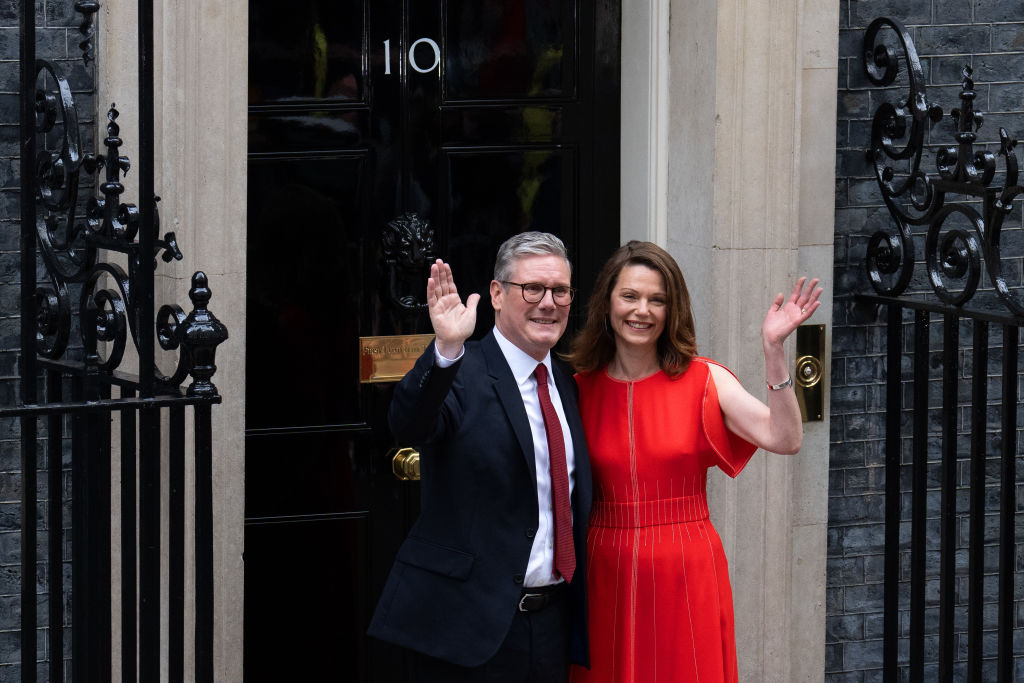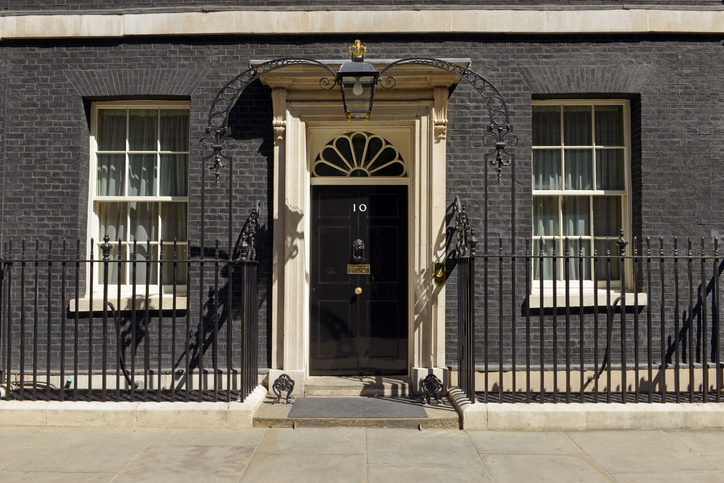In terms of the impact Brexit negotiations have had on travel/foreign exchange costs, we have calculated that a business trip today is going to be nearly 30% more expensive than one before the Brexit referendum because of the toll it’s taken on the pound.
To put this into context, a trip to Europe costing 2000 euros will now cost firms £1,825 compared with £1,430 three years earlier.
With many other travel-associated costs likely to rise (flights, travel insurance, mobile roaming, healthcare), foreign exchange is one of the few things businesses can control of by taking time to research currency rates and locking in the pound when it’s strong.
Can I protect myself from currency risk when doing business abroad?
When travelling abroad for business, an awareness of foreign exchange rates and the way they can be used to part the unsuspecting traveller with his money can often pay dividends. At a basic level, businesses can protect themselves against excessive foreign exchange conversion rates simply by not converting their Sterling at airport ‘bureaux de changes’, and by always choosing to pay in local currency rather than sterling when using a debit or credit card when abroad.
Beyond this, business travellers, especially those who travel regularly, should also consider using a prepaid multi-currency card. Pre-paid cards can be funded in a choice of major currencies, and foreign exchange conversions are usually done in rates that resemble the interbank market rates. Many of these schemes do not charge a transaction fee when the card is used abroad either at ATMs or at the point of sale.
By using pre-paid cards in countries where there is a higher risk of card fraud, businesses can “quarantine” any losses due to fraudulent transactions and limit loss of value stored on the card, without putting the company bank account at risk. As a first rule of thumb, if the card leaves your sight there’s a risk of the card details being copied, so businesses must try to ensure that their employees are always keeping their cards on hand.
These simple techniques can be used by business travellers and SMEs who need to pay for travel and expenses on behalf of their employees. Savings can be augmented for companies with even modest foreign exchange requirements. Most businesses are much more likely to take advantage of low-cost flights and hotel deals to make savings when planning a trip. By conducting some basic research on exchange rates, and alternative foreign exchange and payment service providers, business travellers can make additional savings and reduce risk.
Companies with more sophisticated requirements may require hedging tools to mitigate their exposures to foreign currency fluctuations, including:
- Spot contracts, which are ideal for fast-approaching foreign currency payments. They secure funds at a fixed rate for delivery within two business days of the trade date;
- Forward contracts, which protect business cash flow and revenue by locking in a competitive exchange rate up to two years in advance;
- Market orders, where by selecting a target foreign exchange rate, foreign exchange brokers are able to work an order so that their systems automatically trade when that rate is achieved. We will also send pre-advice to let customers know when the market has approached the target rate even outside of the usual trading hours.
Do I have to buy foreign currency in bulk ahead of an overseas trip?
It is always advisable to shop around and source foreign exchange from a well-established currency provider. Buying foreign exchange at airports is one of the worst ways to lose money, as foreign exchange spreads can be as high as 12%-15% in the major currencies and significantly higher in the exotics. The well-known foreign exchange bureaus at airports adjust their rates depending on how busy the airport is, with increasingly detrimental rates the busier the airport gets. A clever way to obtain foreign currency at an airport is by using a pre-paid multi-currency card to withdraw cash from an ATM but proceed “without conversion” if asked. This way, business travellers can withdraw foreign currency as cash at a great rate prior to boarding the plane.
Hotel lobby ATMs are also usually very expensive and, whilst they offer convenience and enhanced security, they invariably attract a premium exchange fee which in many cases is shared with the hotel where the ATM is located.
Are some countries easier than others to transfer money to and why?
Traditionally, banks have dominated the payments and foreign exchange services provided to SMEs. An SME tended to have a single relationship with its bank and was therefore captive when it came to the pricing in relation to foreign exchange spreads and fees for cross-border payments services. This lack of choice often resulted in poor foreign exchange rates and high cross-border payment fees, combined with delays in the arrival of funds at the destination. In recent times there have been radical developments, particularly in the European payments landscape, with regulation driving significant change in who can provide foreign exchange and payments services. Never before has the choice for businesses been so varied.
As such, it’s always worthwhile shopping around. An SME should establish a relationship with at least one foreign exchange broker/Payment Service Provider in addition to its bank. Most websites can supply an indicative quote to allow for comparison of the different foreign exchange rates among providers. SMEs should make sure that the rate they are quoted is the rate they receive, and that the transaction fee for a cross-border payment is fixed.
Rules in the Single European Payments Area dictate that payments between countries in the Eurozone are processed to the end beneficiary within 24 hours, the payment must be delivered in full, and the cost must be similar to a domestic transfer. Payments in other countries such as the US are less transparent, so it’s worth finding out what the total cost of a payment will be and how long it will take to reach the beneficiary.
Why should I use an foreign exchange broker rather than a bank?
There are a number of alternative and convenient ways to obtain well-priced foreign exchange. Engaging the services of a foreign exchange broker via the internet is one way. Whilst brokers operate under the same regulations as banks, they have much lower overheads. This means they’re able to charge a smaller spread than the banks and the price-gouging airport bureaus.
How can I check whether my transactions and my card data are secure?
A reputable foreign exchange and Payment Service Provider should have a statement as to its policy on the use of customers’ personal data. With the mandatory introduction of Secure Customer Authentication on the 14 September 2019, European firms providing foreign exchange and payment services have to be able to prove that their customers have in fact transacted. If they are unable to do so, they have to correct the mistake in the case of an error or refund the customer in the case of a fraudulent transaction. Foreign exchange websites that are processing card data should be certified as PCI DSS compliant.
How much money can an SME save?
The key to reducing an SME’s foreign exchange and cross-border payments costs is choice. For businesses that make occasional payments abroad, the convenience of using the company bank account to make a cross-border payment may not justify opening an account at another foreign exchange and Payment Service Provider. However, SMEs making a growing number of payments of increasing value should definitely be shopping around. They can do this by comparing what their bank will charge them to make a payment, the foreign exchange rate the bank will provide, and whether their fee structures are simple to understand. Banks, and an increasing numbers of Payment Service Providers, use complex tariff structures to confuse the true cost of making a cross payment and the value date on which it will arrive at the beneficiary.
Nick England is chief executive officer of VFX Financial
Further reading: Accounting in foreign currencies: what small businesses need to
This article first appeared in Small Business’ sister site Growth Business





